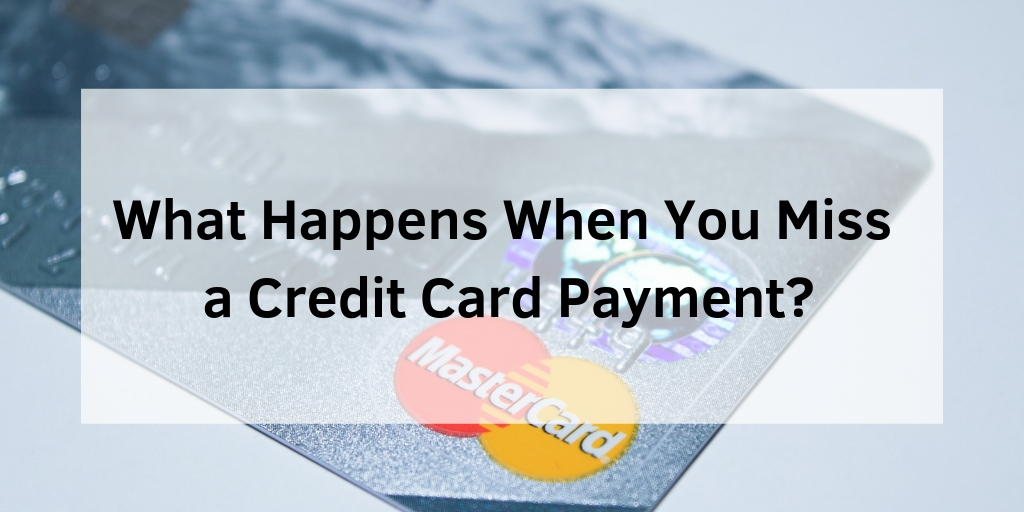
Whether you forgot about a bill or didn’t have the funds ready to go, missing a credit-card payment is problematic for your credit score and history. Before you worry too much about this situation, get familiar with the steps that you can take to resolve it. What happens when you miss a credit card payment? Several issues arise all at once.
Late is Late
When you’re late on a bill, it’s considered late from the moment that the due date has passed. The penalty for a late payment at 30 days is much different than the 90-day type, however. Creditors understand that a missed payment after a couple of days may be a simple oversight. Everyone is human.
If you go 60 or 90 days without paying anything toward the card, the creditors see this fact as a real aberration from your normal behavior.
Look for the Fees
Fees are inevitable if you miss a payment. There are normally specialized fees for missed payments that can cost $30 or more. In addition to late fees, there are also interest charges. The interest charged on your balance may increase as well because of the accumulating fees.
Be watchful of the fees impacting your credit limit too. If you are close to your credit limit, an overspending fee may apply to your situation.
Speak to a Representative
Don’t be shy when you miss a credit-card payment. Contact a creditor representative who has your account open on their computer screen. Creditors who are aware of your financial situation will be more likely to help you resolve the situation, and will have
You’re welcome to ask for a refund on a late fee or other charges if you’re paying something onto the account right now. Be aware, however, that the creditor has the right to approve or decline your request.
Pay More Than the Minimum
The only way to resolve your situation is by paying off the balance. The minimum payment may be tempting, but it amasses interest down the road. Take a look at your cash flow, and determine a reasonable payment plan. You may not pay down the balance this month, but you’ll be on your way to doing so. The accumulated interest will diminish too. Interest accrues daily; so, prompt payment is favorable.
Set up Automatic Drafts
To protect yourself from any future missed payments, set up automatic drafts on your bank account. You pick the date and amount that will be drafted from the bank. Each month the payment amount will automatically be paid from available funds in your account.
Your creditor may offer an incentive to keep up this automatic system, such as a lower interest rate or canceled late fees.
Examine Your Credit History
What happens when you miss a credit card payment? Your credit history is forever changed. Obtain a copy of your history so that you can see how the missed payment affects your credit. Depending on the severity of the situation, your history will now have a negative mark on it.
Look at your FICO score too. Your FICO score can drop as much as 50 to 75 points if the payment was egregiously late. Late payments warn creditors that you may not be responsible enough for another line of credit.
If you make a habit of missing payments, it time to take a look at your financial situation. Paydays may not line up with your credit-card statements, for example. Call your creditors to set up due dates that match with your income. Most creditors will be willing to change the due date as long as you are able to make timely payments. Your credit score and history will be much better at the end of the day.
You May Also Like:
4 Tips For Using Your Credit Card
